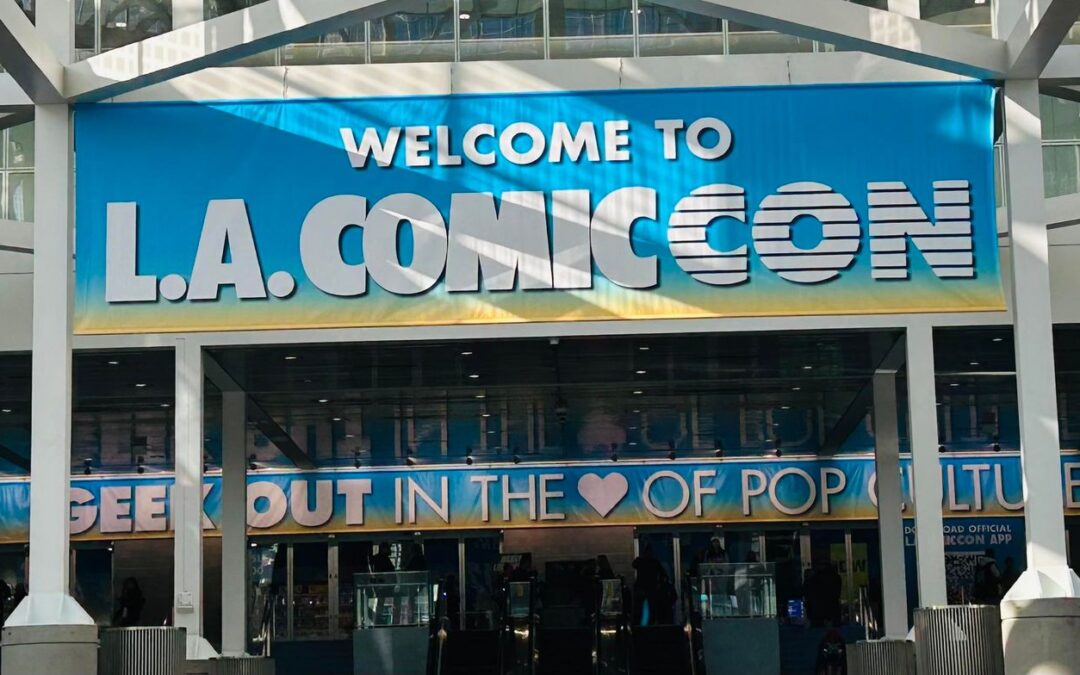By Mike Lera
Danny Philippou (Dir/Talk To Me), Rob Savage (Dir/The Boogeyman/Host) and Tyler MacIntyre (Dir/It’s A Wonderful Knife) convened at L.A. Comic Con Dec. 2 for a Fangoria-led panel, discussing horror film trends, the current horror gateways in younger audiences and offering their own insights on where the genre is headed.
According to experts, hyper violent films have a tendency to follow major tragic, traumatizing events, i.e. Vietnam (The Texas Chainsaw Massacre, The Last House On The Left) and 9-11 (Hostel, The Hills Have Eyes Remake), and thus, horror fans have anticipated the same trend during and after the recent pandemic. Yet, surprisingly, we have seen the trend swing in a different direction to what some call “popcorn horror” (Totally Killer, It’s A Wonderful Knife) – dark movies with lightness and fun to them. Mainstream, mostly.
“After the Saw movies, studios had this ‘No jokes in horror’ policy for years, and so directors like myself who pitched horror comedies had to sort of ‘sneak’ in material,” stated MacIntyre, whose recent story credit includes Five Nights At Freddy’s. “But this genre is a fun space and has opened itself to a wider audience, and I see horror and comedy as two sides of the same coin – you can do more than one thing at a given time, if done correctly.”
On an independent movie level, however, some films such as When Evil Lurks have managed to preserve the genuine savagery and viciousness that have always disturbed, yet entertained audiences, catering to lovers of the cold, dark and raw indies.
“One of the things I liked about Talk To Me is how freakin’ hard it was,” shared Savage, turning to his fellow panelist, Philippou, whose Australian movie has become A24 Films’ highest grossing horror film to date. “The violence, the brutality, the ferocity of it; I haven’t seen that since Aja’s The Hills Have Eyes in 2006, which to me was the last of the Texas Chainsaw Massacre types, and I feel there’s an appetite for that kind of fierceness.”
The three successful directors had also used the time to share their career journeys, offering input and advice to future filmmakers on the path to writing, directing and/or producing their first horror movie.
“You don’t have a lot of time when making a film,” said MacIntyre, who shot Knife in just 18 days. “So if you can apply any additional skills [other than director, producer, writer, etc.] that you’ve learned before, then use them!”
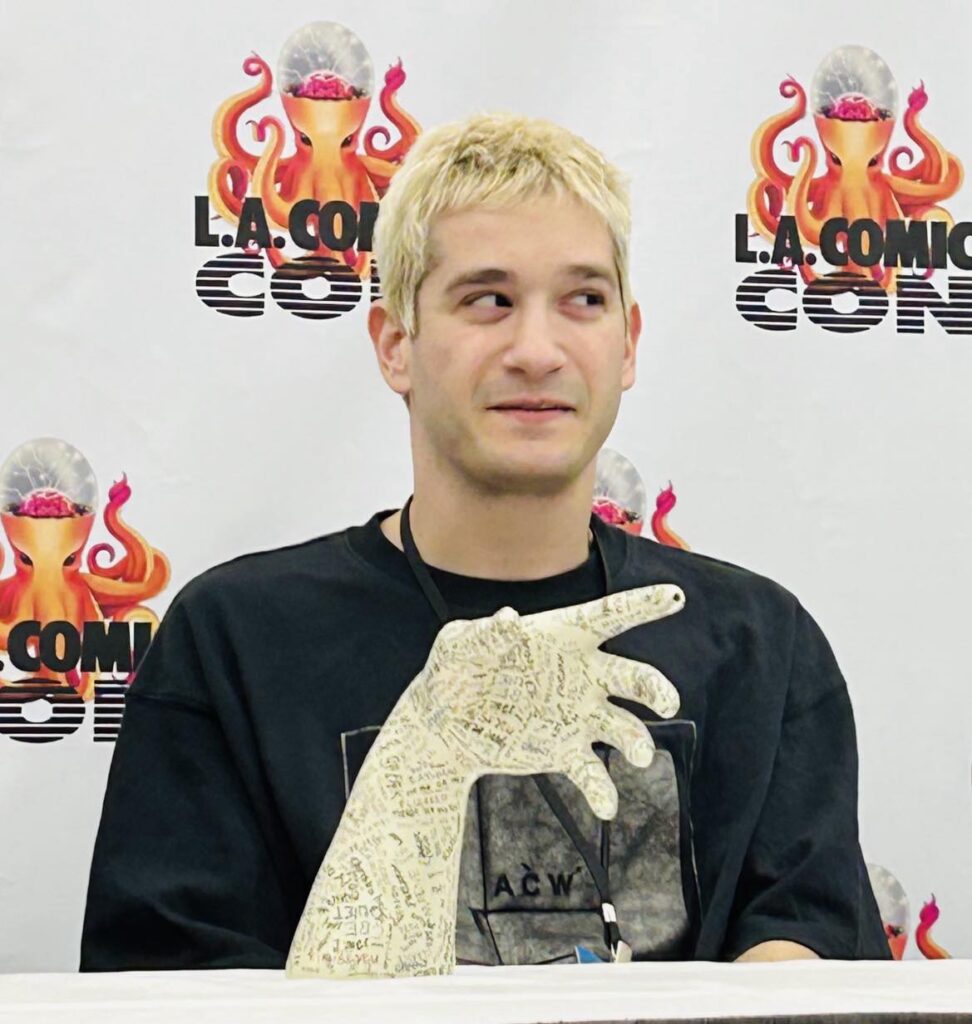
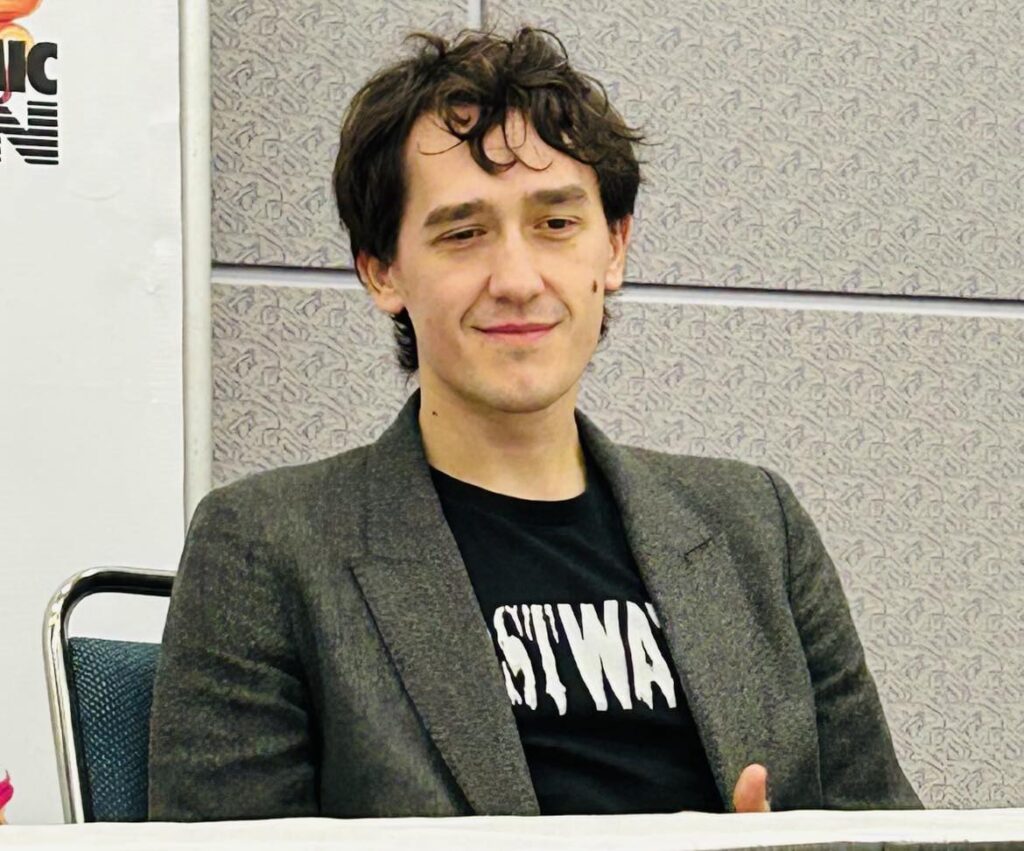
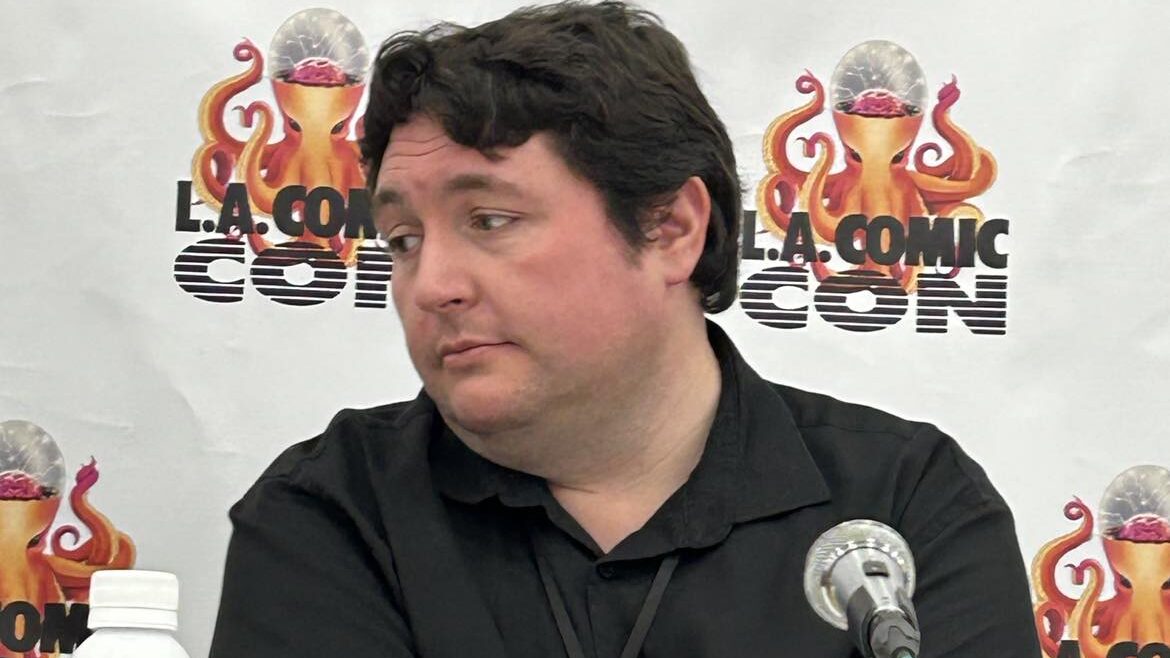
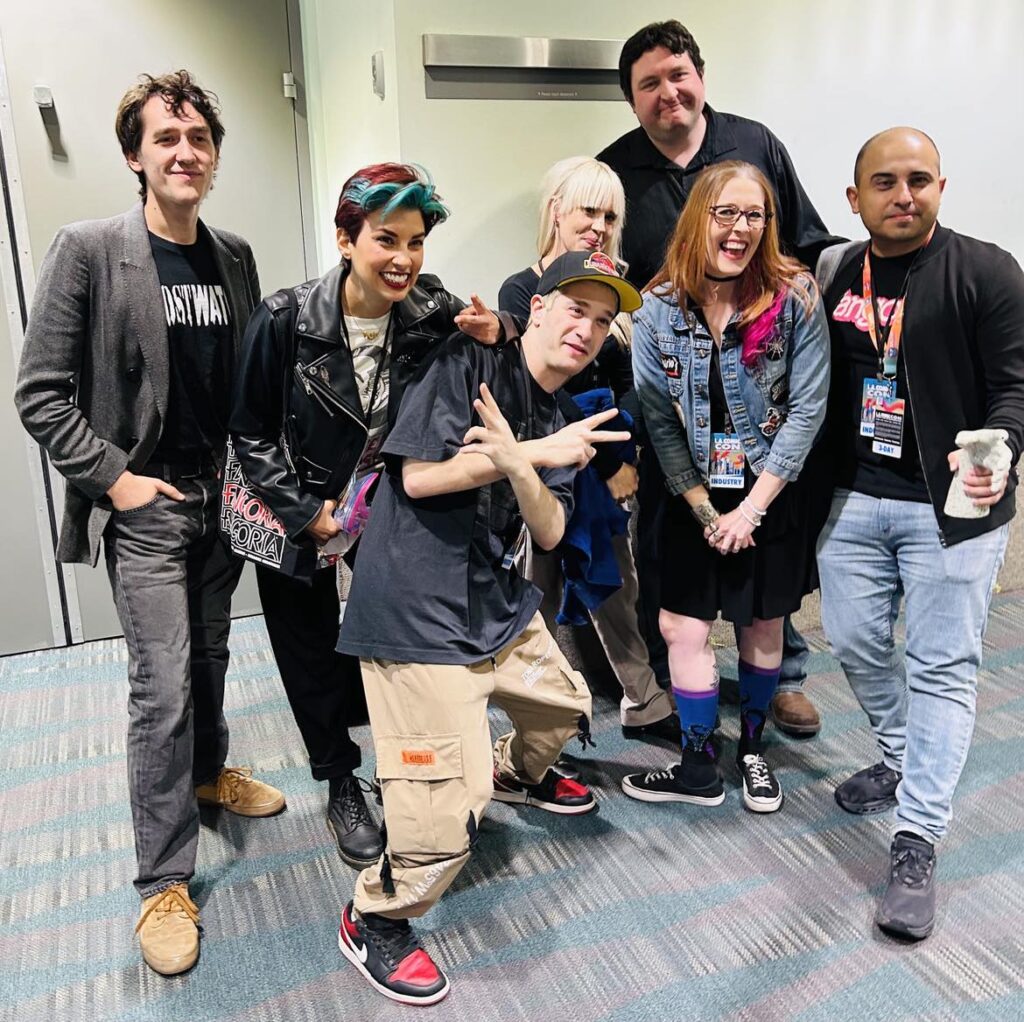
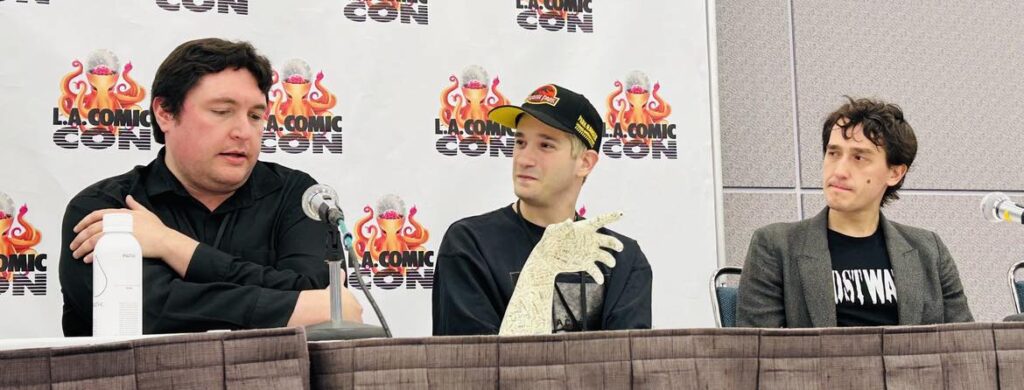
Piggy-backing off MacIntyre’s comment on time constraints, Philippou added, “While making Talk To Me, we were there on the set editing while shooting, even during lunch breaks, just to make sure we had everything to put the scenes together.”
Funding being one of the biggest barriers to the novice filmmaker, the panel was asked (by Lera) for suggestions to screenwriters (as well as producers and directors) when first drafting a script while having to adhere to an ultra-limited production budget.
“A bad way to write a low budget movie is to write the movie without thinking about the budget,” stated Savage, who shot Host entirely in his own home amid the 2020 quarantine. “But if you actually know what your budget is, that’s a godsend, because you can then plan and write in a bunch of cool stuff that you can probably find around your house that’s going to make your film look big budgeted. Everyone has more things at their disposal than they’re aware of – you just need to take the time to find them!”
“When the budget is super tight, you will need to creatively plan ways to shoot a smaller-than-average amount of scenes in fewer locations,” Philippou pointed out. “And to make sure your story still has meaning and ‘hits its beats’, it’s good to send it to people you trust, and a few of them, because if you hear over and over that something in your script is pointless, then it probably is!”
“For my first two films, I wrote my scripts with certain performers and crew members in mind whom I knew really well and who would be able to fill multiple positions during production,” MacIntyre shared. “People who would work hard for me and help me get ‘gold’ [i.e. locations, equipment] without having to dig too far. Try to imagine these people during that first draft, because you will be creating a community you can move up with.”
See a short video of this presentation on my YouTube channel @MikeLera – and subscribe!

